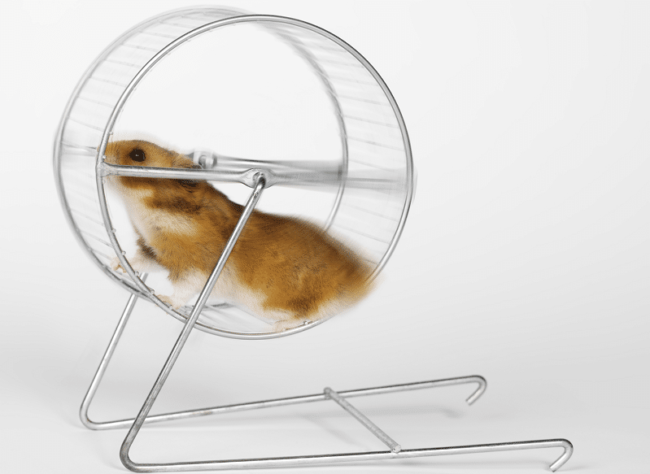The Terrible Search For What Won’t Fulfill: What Jim Carrey Taught Us About Being Enough
We all crave more. More money, more success, more recognition, more love, more time, more friends, more beauty—the list goes on. It’s as if having more makes us feel like we’re more: more valuable, more worthy, more complete. But the trouble with chasing more is that it creates an endless cycle of discontent. Discontent is…









